No one’s childhood is perfect. Humans are raised by other fallible humans who are dealing with all of life’s challenges and hardships as they navigate parenting. That means well-meaning parents sometimes miss the emotional needs of their children. However, there are events that can happen in childhood that are uniquely distressing and can lead to long-lasting trauma. Events like witnessing ongoing or even one incident of violence, losing a loved one, or neglect. Over time, the unresolved weight of early trauma can show up in ways that individuals don’t anticipate in their adult years, impacting everything from their relationships to both their mental and physical health.
At the Ohio Center for Adolescent Wellness (OHCAW), we specialize in helping your child work through these difficult experiences with teen trauma treatment plans. We’re here for your teen and your family.
Understanding childhood trauma
Childhood trauma refers to harmful experiences that occur during someone’s developmental years. These moments can range from a single distressing event to a series of chronic stressors over time. It’s important to understand that even events that seem manageable or even “no big deal” to adults can leave deep emotional scars on a child’s developing brain. Children don’t have the same years of experience or context to draw on to be able to comprehend all that’s happening around them, and often rely on tone and volume to inform their understanding. These early experiences are what help to shape the way they think and the messages that inform their behavior for years to come.
A childhood trauma test can help guide professional intervention for your child by identifying symptoms of unresolved trauma, even if they aren’t able to verbalize what they’re feeling.
Common causes of childhood trauma include:
Physical or emotional abuse
- Neglect or abandonment
- Witnessing domestic violence
- Divorce or separation from a primary caregiver
- Bullying or feeling “othered” by their peers
- Chronic illness or ongoing medical procedures
- Sudden loss of a loved one
Understanding these sources is the first step toward recognizing how trauma may be shaping your teen’s life.
How does childhood trauma affect adulthood?
The effects of childhood trauma don’t disappear with age—they just evolve. When a young person doesn’t get the encouragement, tools, or support to process their early experiences, the emotional consequences often follow them from adolescence into adulthood.
As adults, this unresolved childhood trauma can look like:
- Increased anxiety or depression
- Avoidant or aggressive behaviors
- Struggles with emotional regulation
- Poor self-image or lack of trust
- Substance use as a coping mechanism
These patterns grow stronger as people grow older and lead to long-term mental health challenges. Many adults who regularly experience anxiety, attachment issues, or PTSD are actually grappling with the effects of childhood trauma that were never addressed during their youth.
Understanding this link can help you get your teen the professional support they need today, so that they can transition into adulthood with greater mental health.
Signs your teen may be struggling with past trauma
Trauma can be challenging to identify when there’s so much going on during a particular phase of life. Teens are going through a myriad of transitions that may impact their personality, level of motivation, and attitudes. If you feel like your teen may be experiencing the impact of trauma, it’s best to get them compassionate, expert support.
Here are a few potential indicators of trauma:
- Withdrawing from family and friends
- Sudden changes in behavior or temperament
- Frequent mood swings or intense irritability
- Sleep disturbances or persistent nightmares
- Loss of interest in school or social activities
- Risk-taking behaviors (e.g., substance use, defiance)
- Persistent physical complaints like headaches or stomachaches
These things may point to unresolved childhood trauma. A trauma-informed evaluation at OHCAW can help you determine the next best step for your child.
Healing from childhood trauma
The good news is that healing is possible. When supported by skilled mental health professionals, teens can learn to process traumatic memories in healthy, constructive ways. At OHCAW, we offer a range of evidence-based therapies specifically designed for adolescents, including treatments that reduce their symptoms and build resilience.
Therapies used in our trauma recovery programs include:
- Cognitive-behavioral therapy (CBT)
- Dialectical behavior therapy (DBT)
- Family therapy and group support
- Meditative and mindfulness-based practices
- Music therapy for self-expression
We understand that no two people are the same, and that’s why every care plan at OHCAW is built around your teen’s unique needs and experiences.
Call OHCAW today and help your teen heal from childhood trauma
When it comes to trauma, the old adage, “time heals all wounds,” doesn’t represent a full picture of healing. Time doesn’t magically erase the impact of life’s most difficult events. Trauma has a way of embedding itself into how individuals view the world and relate to others. Addressing this trauma through therapy is the best thing people can do for their mental wellness.
Call OHCAW today at [Direct] for the support your teen deserves or contact us online.




